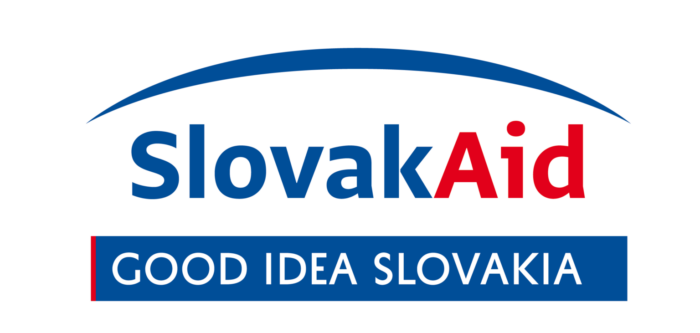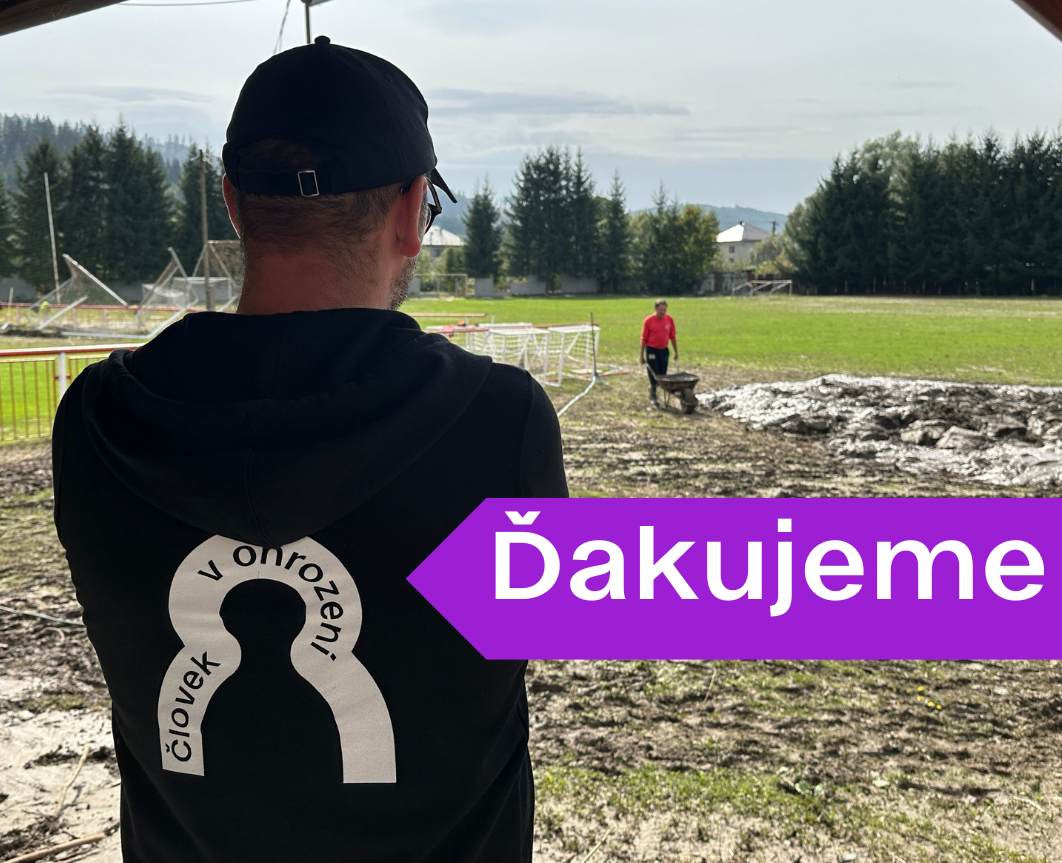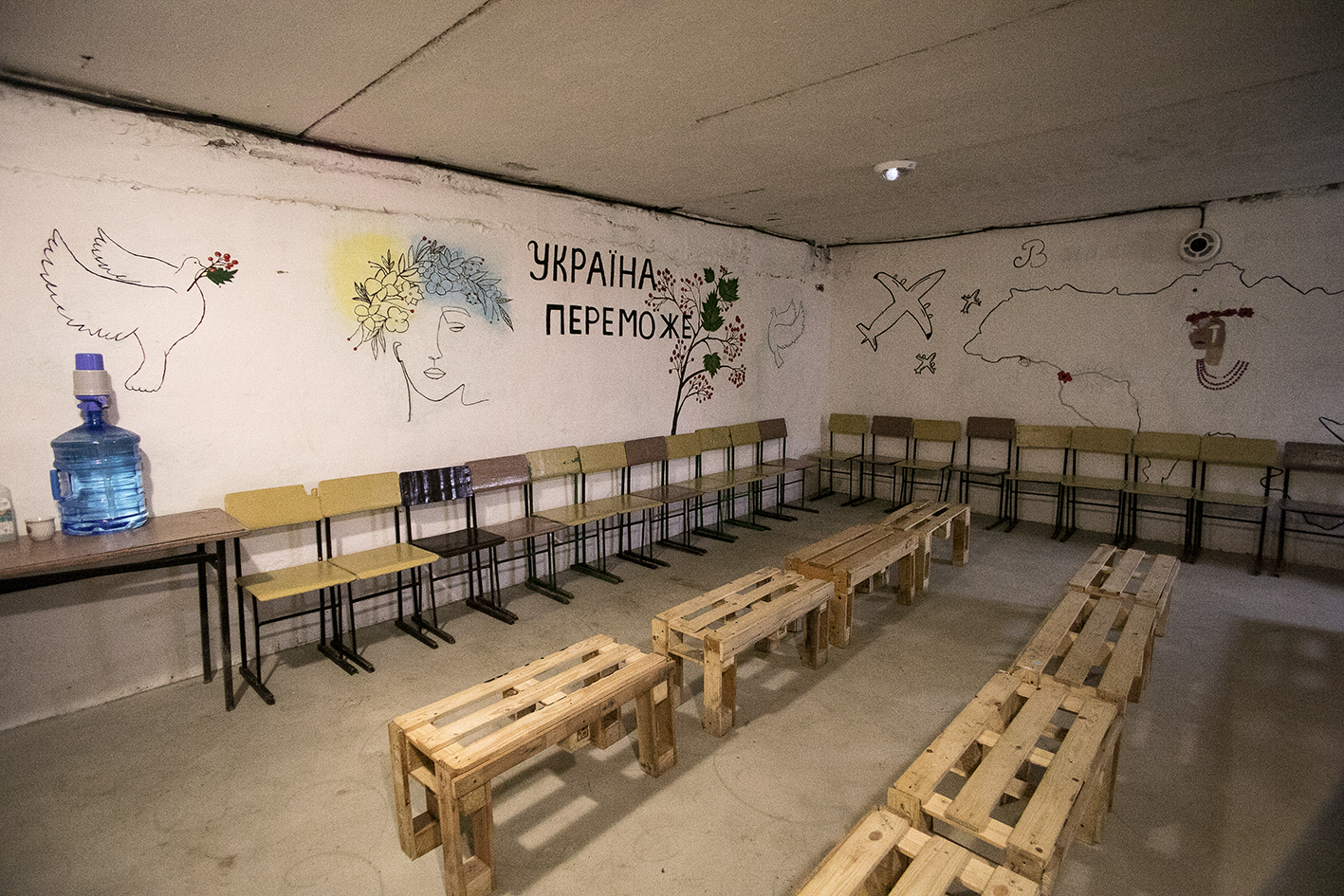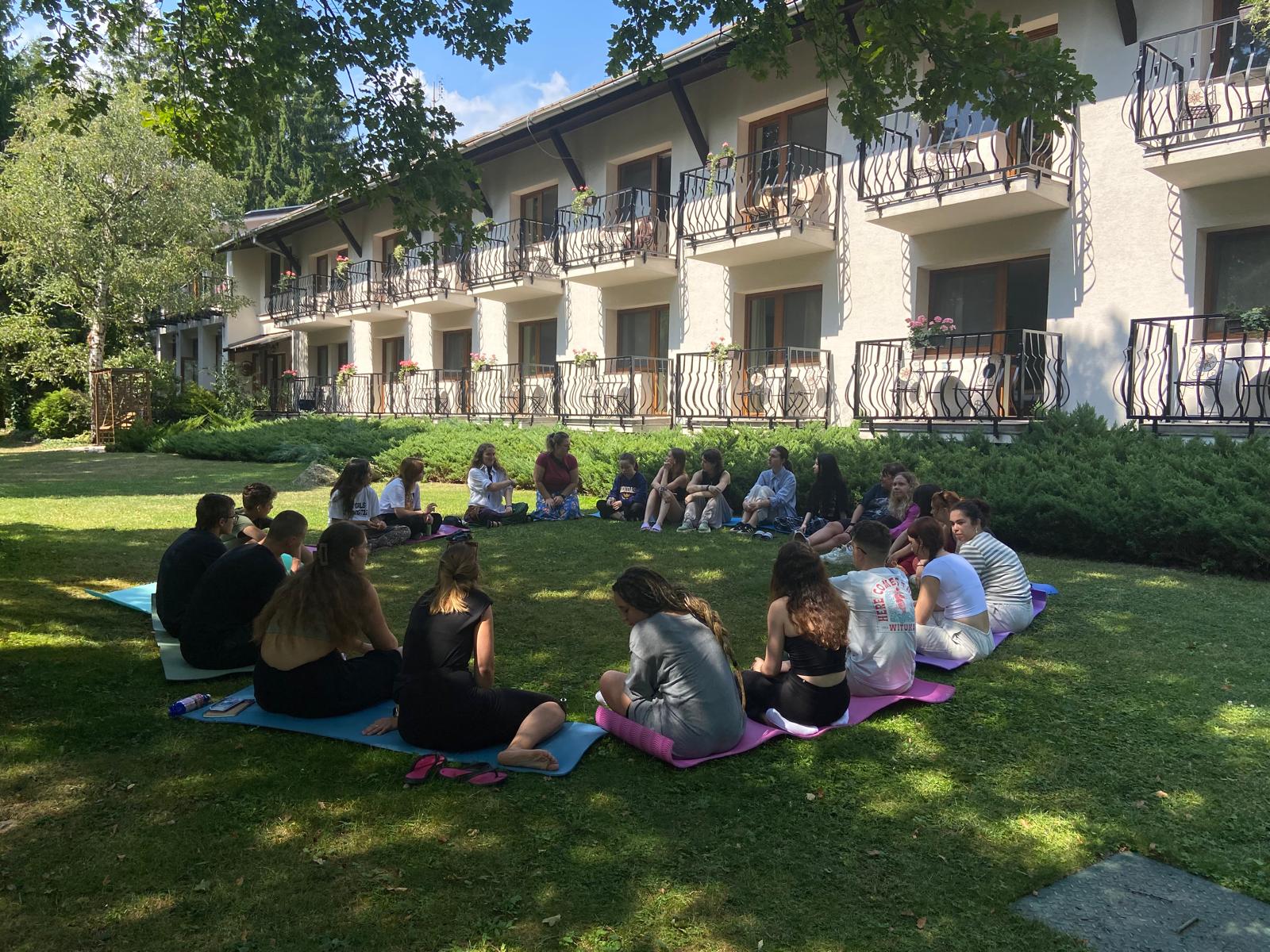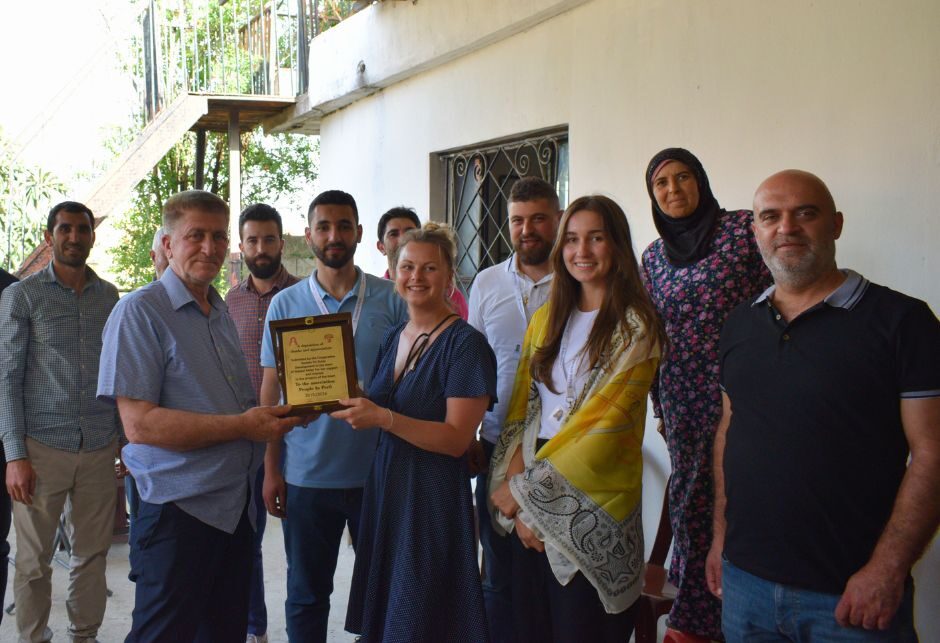We visited Lebanon
Our colleagues Paula and Ivana have recently returned from a visit to Akkar and brought fresh news directly from the scene. How is the food processing project progressing? How many solar panels have we installed? And what are we planning next?
Akkar is located in the northern part of Lebanon, which is a predominantly agricultural region. It is also one of the poorest areas of the country, struggling with economic deprivation, inadequate water and sanitation infrastructure. Most of the region’s municipalities are unable to provide their inhabitants with access to basic services. This adversely affects the environment, creates tensions in communities and threatens security. With a population of 1.1 million, more than 700,000 people live below the poverty line. Akkar shares a 100 km long border with Syria and serves as the second most used entry point for Syrian refugees, of which there are nearly 300,000. Unemployment in Akkar is as high as 65%. We are trying to help the local population through our projects. We want them to be self-sufficient, to learn to farm in harmony with nature and to thrive in business. Read about three activities in which we are trying to do this.
It is increasingly evident that Lebanon faces significant climate challenges. Erratic rainfall, increasingly high temperatures and prolonged droughts are having an adverse impact on agriculture. These climate changes threaten food security and livelihoods, which is why sustainable agricultural practices and support for both Lebanese farmers and refugee communities are so crucial in mitigating the adverse effects
Paula Gierak, Head of Development and Humanitarian Aid


Food processing
Almost 3000 people have signed up for the food processing project. Of these, 145 made it to the “final round”, of whom 117 were women. The male and female participants received a 10-day training course in food processing, which has a positive impact on the country by reducing imports from abroad and supporting the local economy. Given the ongoing economic crisis in Lebanon, promoting the cultivation and processing of local food can help create jobs while supporting both small farmers and food producers.
The group also received a 5-day course in accounting, marketing and business management. We went to see the final training, where they talked about how to choose the right product name and logo, as well as how to easily create it, for example, in the Canva program. One of the main advantages of such informal business education is that it can be taken by those for whom formal education is for some reason unavailable. They all also received a one-day training on sustainable water management.
It was also very rewarding for me personally to participate in the training on product branding. The training was interactive, the project participants were very involved in the debates, had creative ideas and it was clear that they were very interested in succeeding with their products. Personally, I was also pleased with the fact that we had the opportunity to talk to them more closely and get to know their lives outside of the project activities.
Ivana Müllnerová, Programme Manager for the Middle East and North Africa
Such training also has the advantage of helping individuals develop critical thinking and problem-solving skills. It also helps them to understand market trends, identify opportunities and navigate challenges. Studies have shown that women who participate in such non-formal training are more likely to start and sustain their own businesses. This ultimately leads to greater economic independence and improved social status.

Solar panels
Based on an analysis of the local environment, two agricultural cooperatives and one educational centre were selected for the installation of solar systems, all of which are located in poor areas with high population densities. The installation of the solar panels was carried out as a cash-for-work activity, with the selected participants – namely 10 men – first receiving training and then doing the actual installation under the supervision of a technical engineer from the contractor company.


They installed 12 panels, a battery and a control system on the roofs of the agricultural cooperatives to ensure sufficient power for the machines to operate. 6 panels were installed on the roof of the training centre.
The solar panels help local residents to get a clean source of electricity and stop the use of diesel generators. State-provided electricity is only available in Lebanon for less than 2 hours a day, if at all. For this reason, most residents have become accustomed to a system of private electricity providers. However, agricultural cooperatives, schools, educational centers, etc. find this service unaffordable and therefore depend on a daily supply of electricity from the state for their operations. This, of course, has a direct impact on the quality of economic or educational activities.
By installing solar panels in the education centre, we have been able to increase the availability of electricity by 50%. In the agricultural cooperative, the installation of solar panels covered 100% of the energy needed for the proper functioning of the machinery.
Kateřina Maierová, People in Peril representative in Lebanon


Rainwater harvesting system
Based on findings from monitoring visits and interviews with local residents, we selected a new innovative agricultural cooperative in the village of Bireh to install a rainwater harvesting system. The cooperative is located in a densely populated village and has a proactive leadership that is committed to sustainable activities.
The project will capture water from rooftops during the rainy season and then recycle it into potable or usable water, underscoring our efforts to teach the local population about responsible water resource management. The agricultural cooperative in Chadra was also selected for installation, where the rainwater harvesting system installed helps with olive washing, olive oil pressing and the overall olive processing operation.
The installation of the rainwater harvesting system was carried out as part of a cash-for-work activity, with the ten selected participants first receiving training on the systems and then carrying out the actual installation. We installed six rainwater harvesting tanks with a capacity of 2000-3000 litres in both cooperatives.

We continue to help
In the coming period, we will distribute starter packs and cash to buy ingredients to all male and female graduates of the food course. This will make it easier for them to start a food business, which is financially challenging and unaffordable for many.
We will also be hosting four networking events aimed at connecting markets and facilitating collaboration between food processors, retailers and farmer cooperatives. We will bring you more information next time.
Activities for vulnerable refugee and Lebanese populations in the Akkar region of northern Lebanon are supported by SlovakAid and implemented in cooperation with our local partner organisation International Humanitarian Relief.
